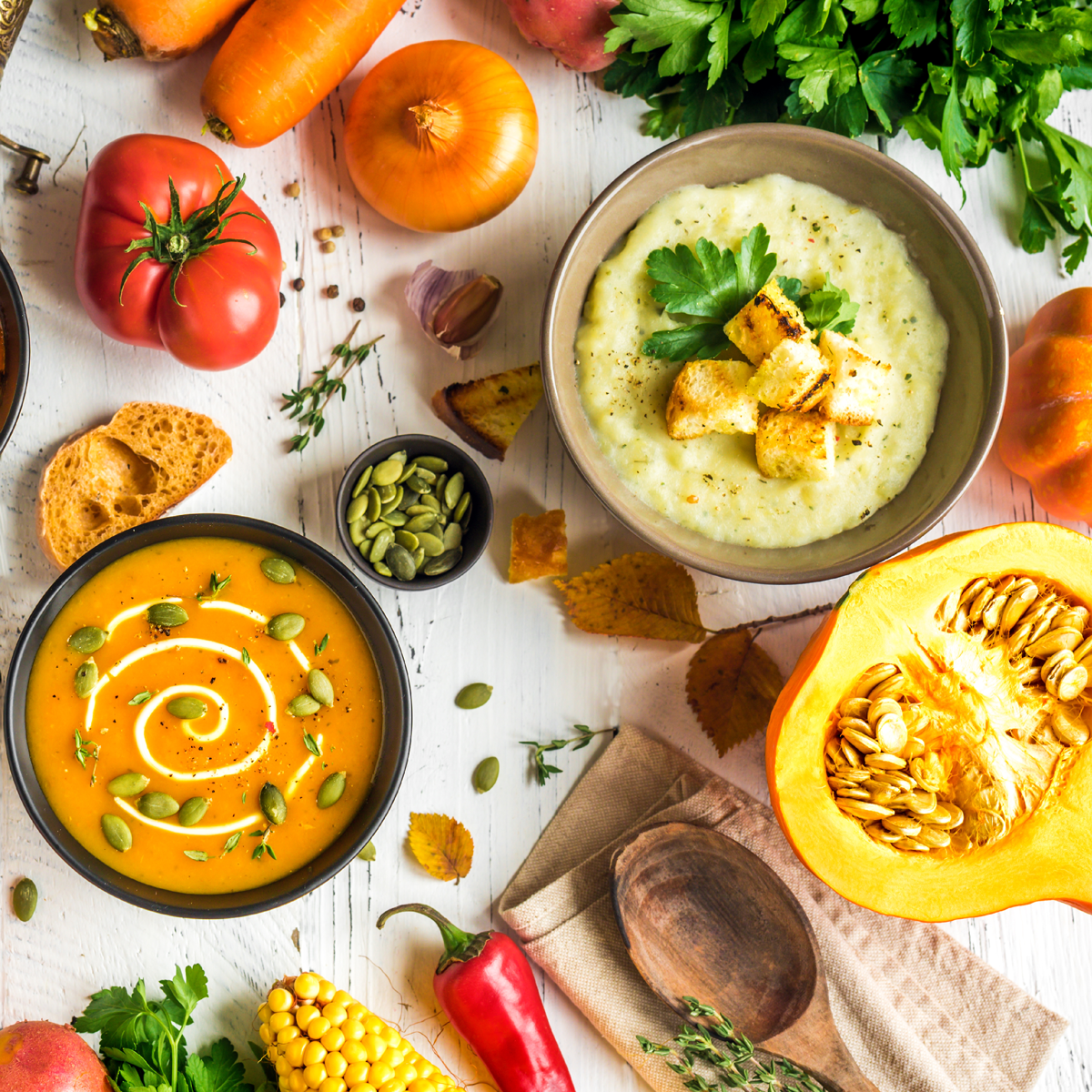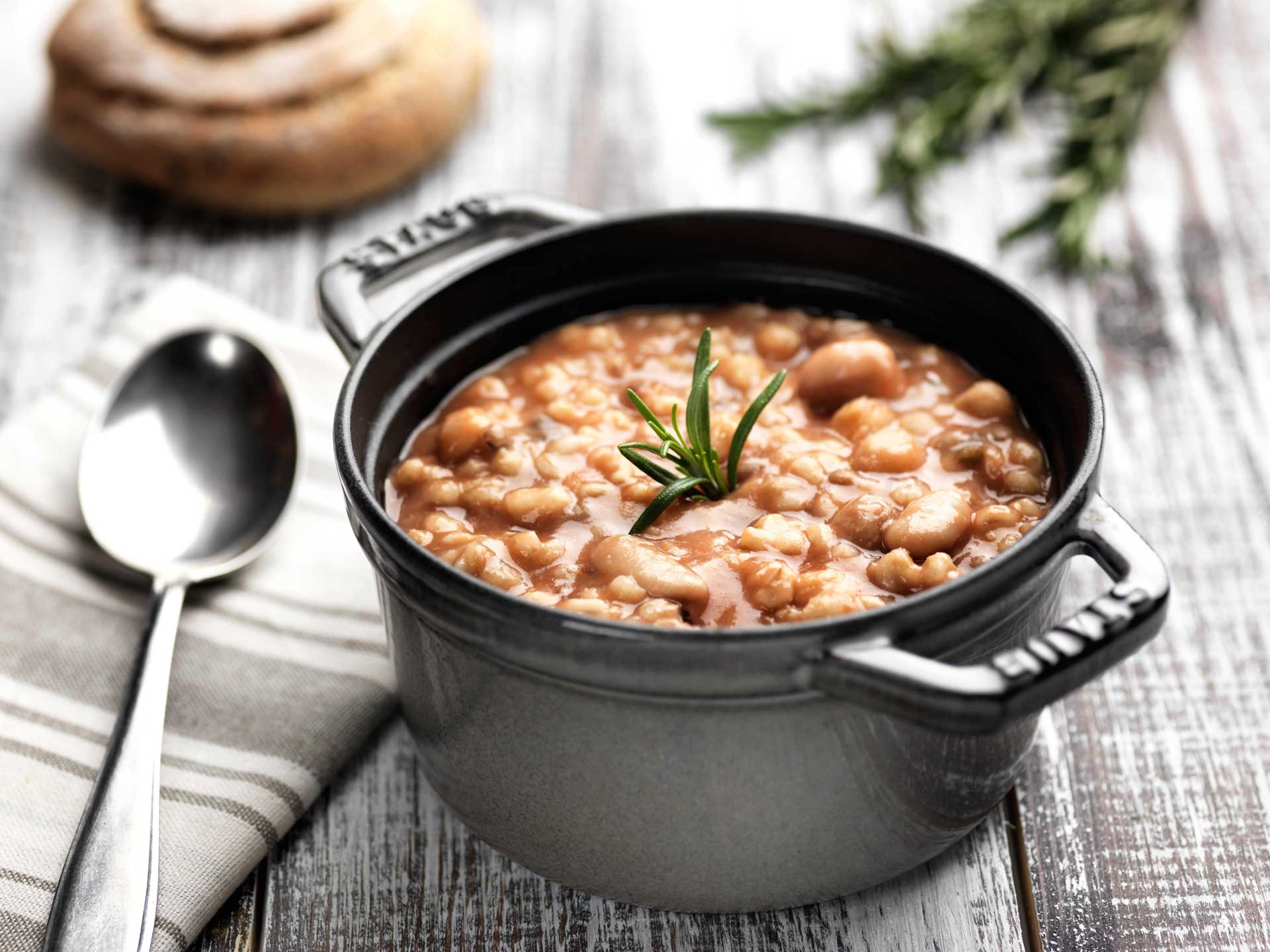
How to Deal with Seasonal Changes
Seasonal changes are periods of increased stress for our bodies, like the one we are about to face. A proper diet can become a great ally along with light and daily physical movement.
Choosing wisely what to bring to the table is always advantageous for our health, and especially so during these times, considering that we will still have to learn to live with Covid19 for the next cold season. While waiting for the vaccine, it is good to preserve our health, and if possible, improve it.
Maintaining a healthy weight or, if necessary, losing some excess fat by eating better, avoiding harmful foods like sugars and saturated fats, can be extremely beneficial.
Likewise, keeping a regulated intestine is fundamental. Our gastrointestinal system is involved in complex functions, in fact, in addition to performing the digestive function of absorbing nutrients, it behaves like a selective barrier that allows what is useful and beneficial to pass through and rejects what can be harmful (upon which the activation of the immune system depends). Furthermore, it constantly "communicates" with our brain. The close relationship between the health status of our gut microbiota and the effectiveness of our immune response has been known for some time. At the base of these mechanisms, there must be a healthy and efficient intestinal mucosa.
Drinking plenty of water, consuming the right amount of dietary fiber daily, choosing foods rich in vitamins and antioxidants allows us to keep our gastrointestinal system functioning perfectly.
Here's what to put on the table every day and in what quantities:
3 servings of fresh seasonal fruit provide the right amount of vitamins, including vitamin C, a powerful antioxidant, useful for making the immune system efficient.
20-30 grams of oily nuts (almonds, walnuts, pistachios, cashews) provide a good amount of minerals, as well as vitamins and omega-3 fats.
legumes and cereals: it is good to consume at least one serving a day (80 grams) of one of the two food groups or, even better, combine them together (buckwheat, oats with beans or chickpeas) with vegetables: this way, the intake of fiber (but also vitamins and vegetable proteins) is assured.
fish: it is recommended to consume especially oily fish, at least 2-3 times a week, rich in omega-3, essential fats for the immune system, and vitamin D.
natural yogurt and kefir: they are foods rich in live lactic ferments; it is recommended to have at least 1 serving a day, opting for those without added sugars, preferably lean.
extra virgin olive oil, rich in vitamin E and essential fatty acids; consumption should be daily in the amount of 3-4 tablespoons, consumed raw or cooked at low temperatures.
Finally, practicing physical activity daily - walking, cycling, swimming, or outdoor sports if possible - guarantees us a stronger and more efficient immune system.
If you haven't exercised for a long time, it is absolutely necessary to avoid improvising as athletes, to avoid unnecessary and harmful osteoarticular or muscular pains, which would only bring additional psychophysical stress.
Instead, it is useful to:
plan very light and progressive training programs, more intense over time;
establish the right recovery times;
set small short, medium, and long-term goals, in order to give your body time to adapt and improve gradually.
Happy autumn to everyone!






